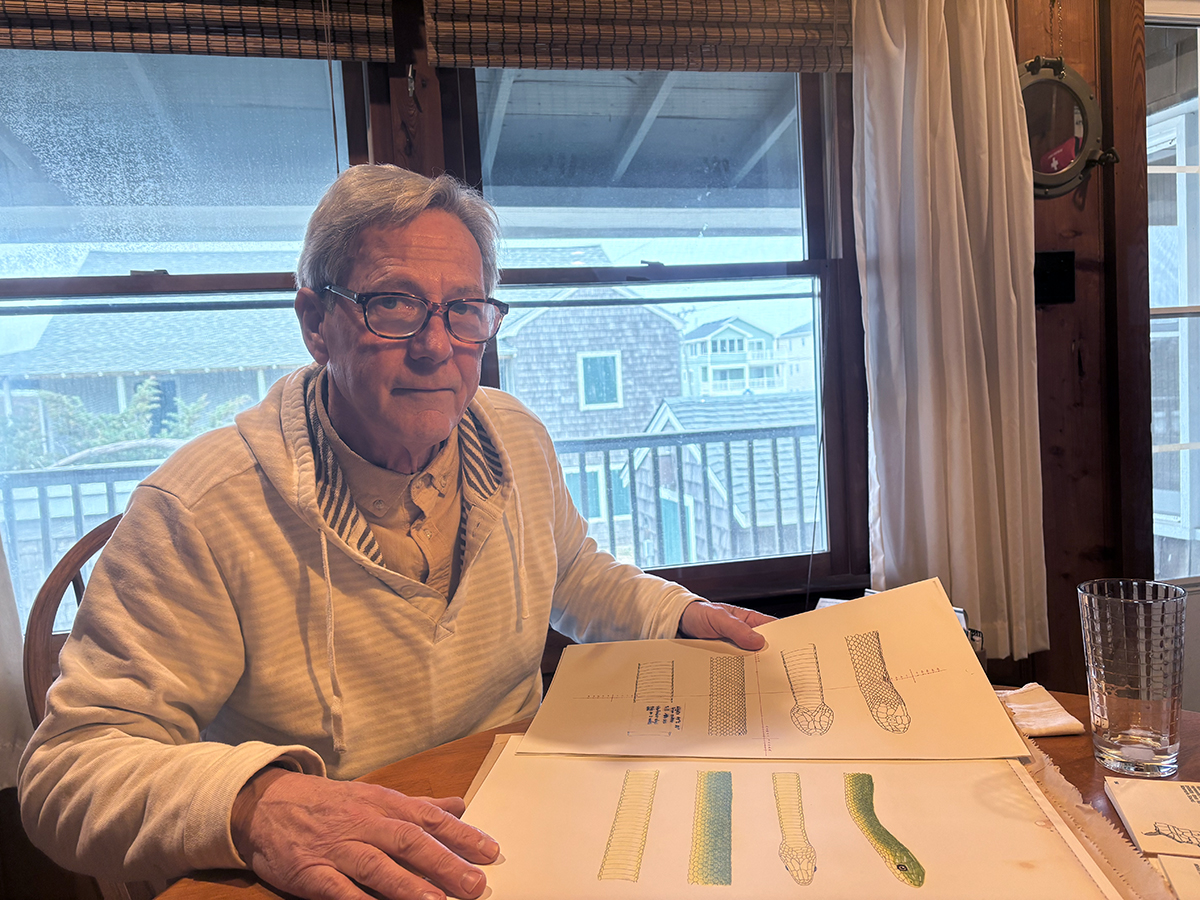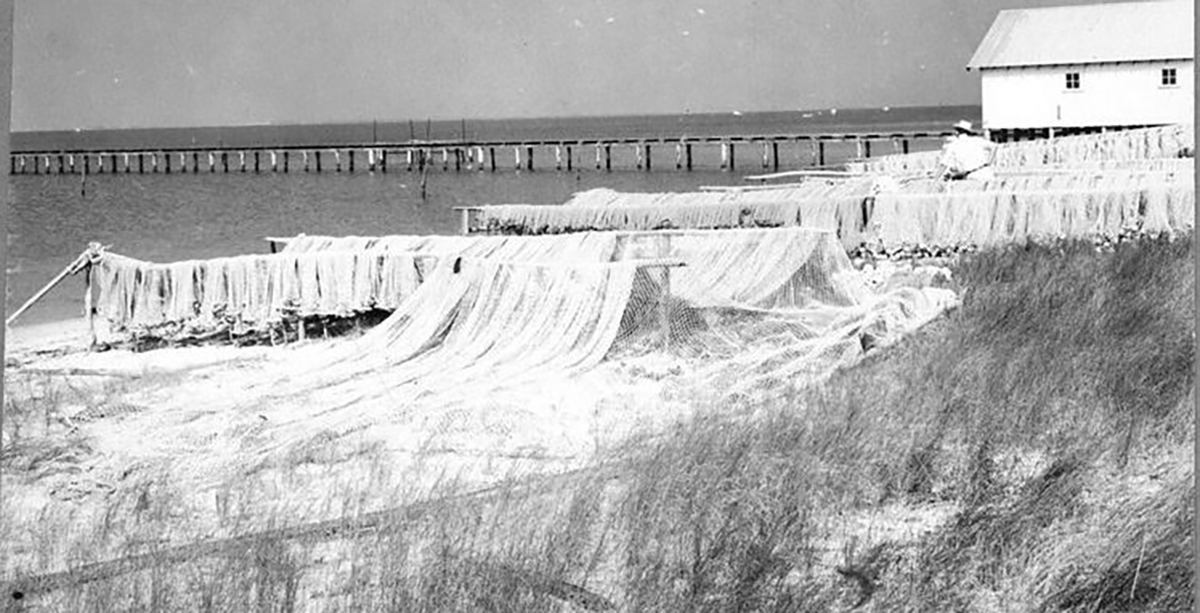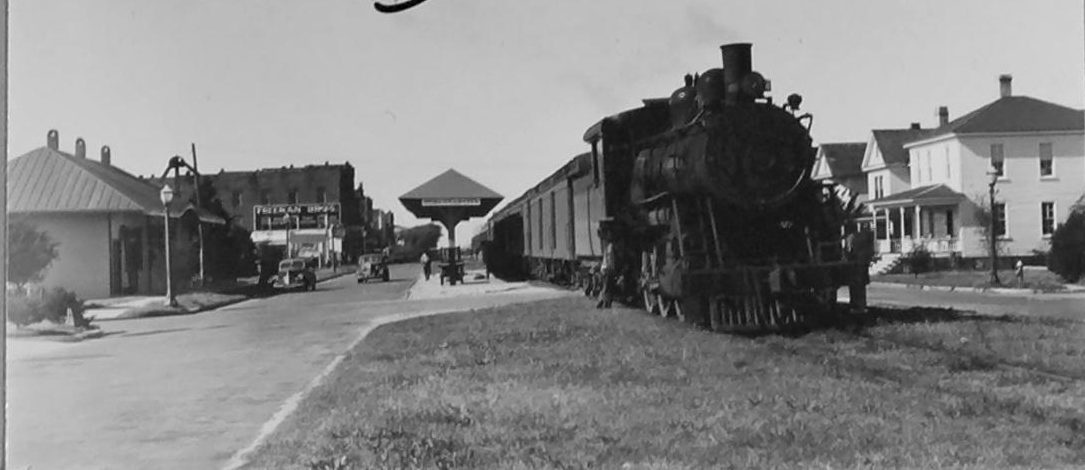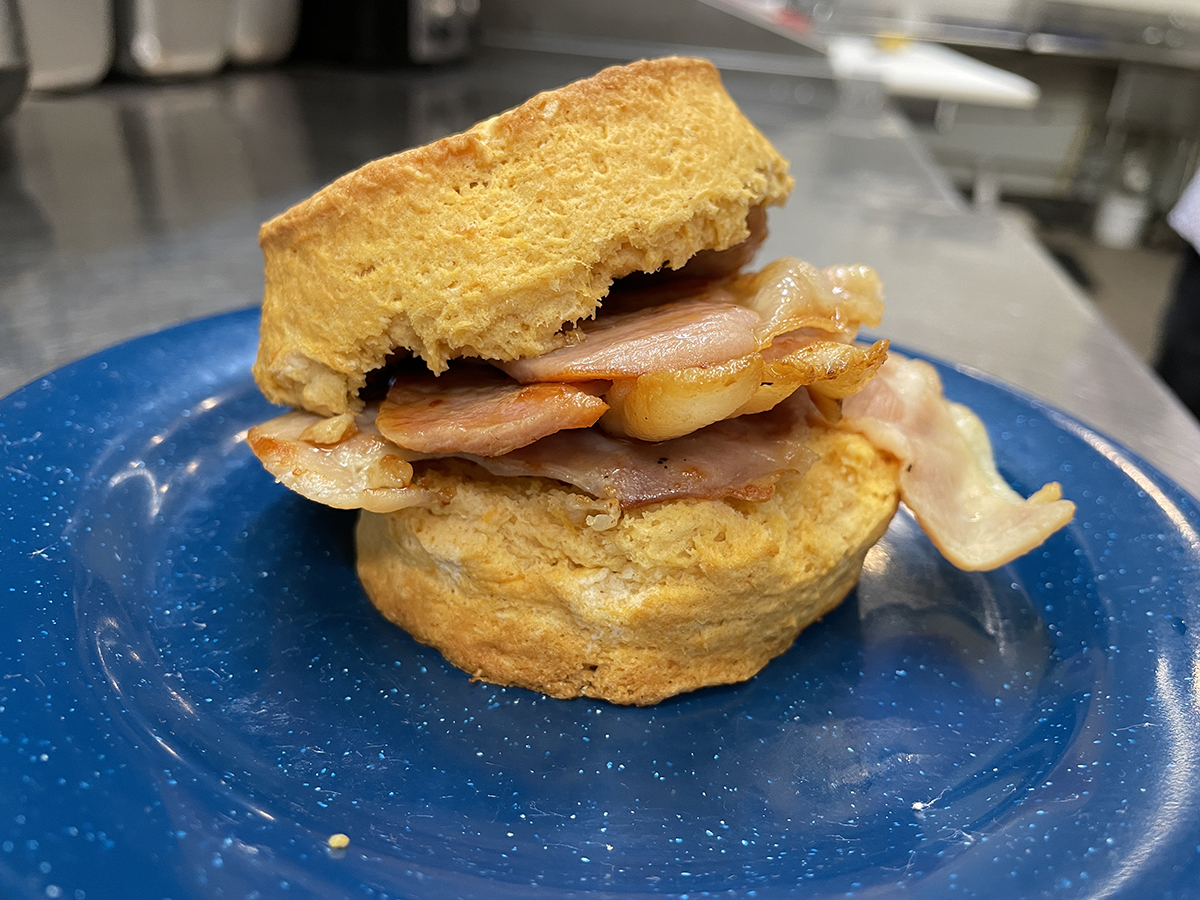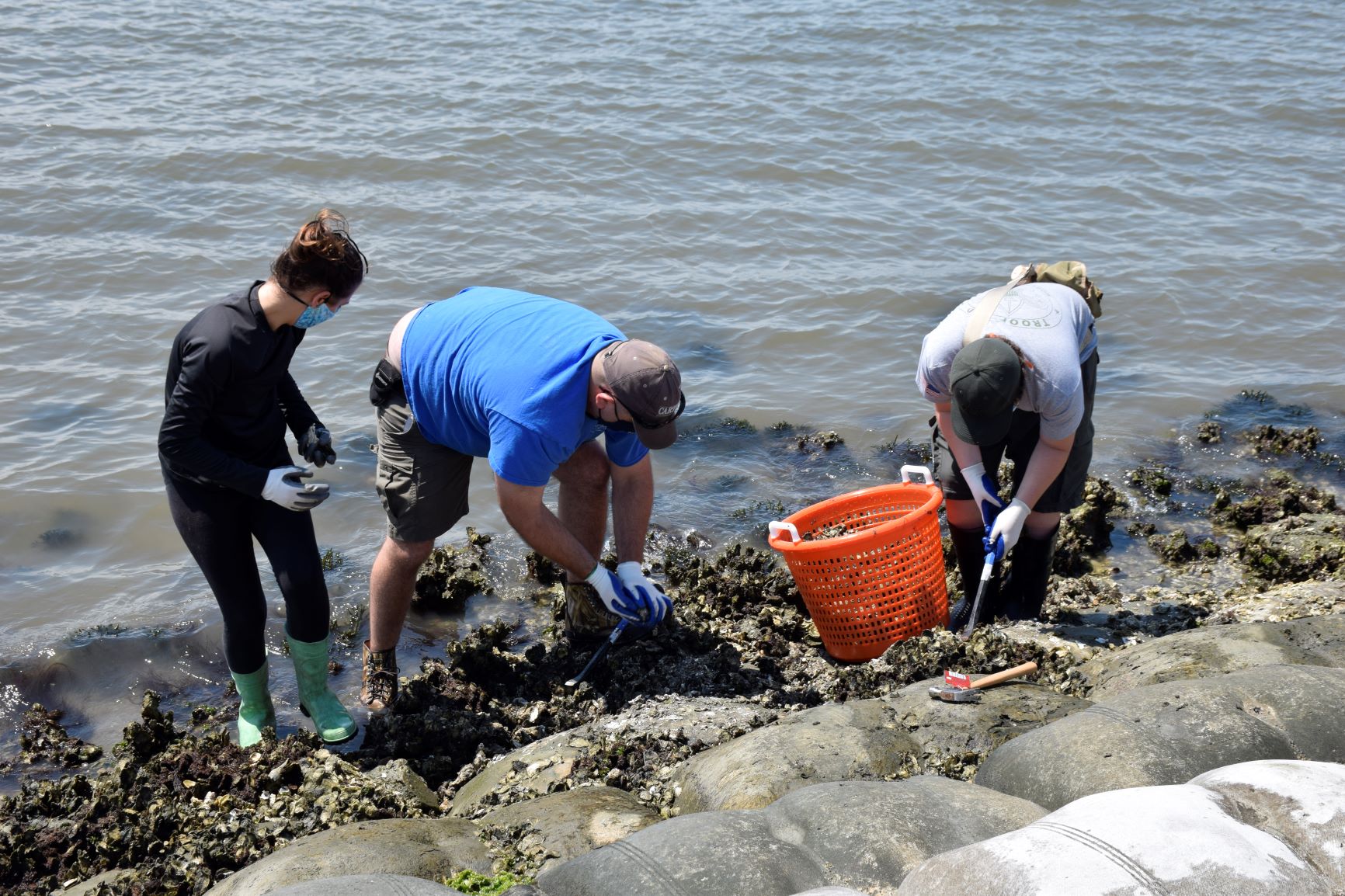
A rising eighth grader at Morehead City Middle School is committing to conservation while reaching his goal to earn a rare scouting award.
Ryan Mroch began his adventure in scouting when he was in the third grade.
Supporter Spotlight
“My friend’s mom told my mom that her son joined Cub Scouts and that I might enjoy going to Cub Scout meetings. My mom and dad talked to me about it and I decided to go to a meeting to see what it was like. After that, I became a Bear Cub, and am still in scouting.”
Now, a Life Scout in Boy Scouts of America Troop 130 based in Morehead City, Mroch read early on in Boy’s Life magazine about a Scout trying to earn William T. Hornaday Awards, given for work in natural resources conservation.
“It is one of scouting’s rarest awards, and so naturally I wanted to do it,” Mroch told Coastal Review Online in a recent interview.
Last year 61,353 people were awarded the Eagle rank and only 2,200 Hornaday badges were awarded. In the last 80 years, only about 1,200 Hornaday Medals have been awarded.
The award started in 1914 as the Wildlife Protection Medal and was renamed to the Dr. William T. Hornaday Award after his death in 1937. Hornaday was director of the New York Zoological Park, founded the National Zoo in Washington, D.C., and was active in the rehabilitation of the American bison population.
Supporter Spotlight
The Hornaday Awards have multiple levels that Scouts can earn, including the Hornaday badge, Hornaday silver medal and Hornaday bronze medal. There are two gold awards but those are reserved for adult Scouts.
For a Hornaday badge, a Scout must complete one project in either energy conservation, soil and water conservation, fish and wildlife management, forestry and range management, air and water pollution control, resource recovery (recycling) and hazardous material disposal and management. For the bronze medal, the Scout must complete three projects and for the silver medal, the Scout must complete four projects.
Mroch has been working on his second of four projects to earn his Hornaday silver medal.
Over two weekends in June, he and volunteers moved oysters from a section of shoreline that was damaged during Hurricane Florence in September 2018 to another at Carteret Community College in Morehead City.
Kristi Mroch, Ryan’s mother and grants coordinator for the college, told Coastal Review Online that 94 volunteers come out on different days and followed social distancing protocols to remove, bag and relocate 7,025 pounds of oysters.
“He and his volunteers worked for approximately 488 hours to complete the task,” she said. “It was such a pleasure to watch him organize the project and grow in his leadership.”
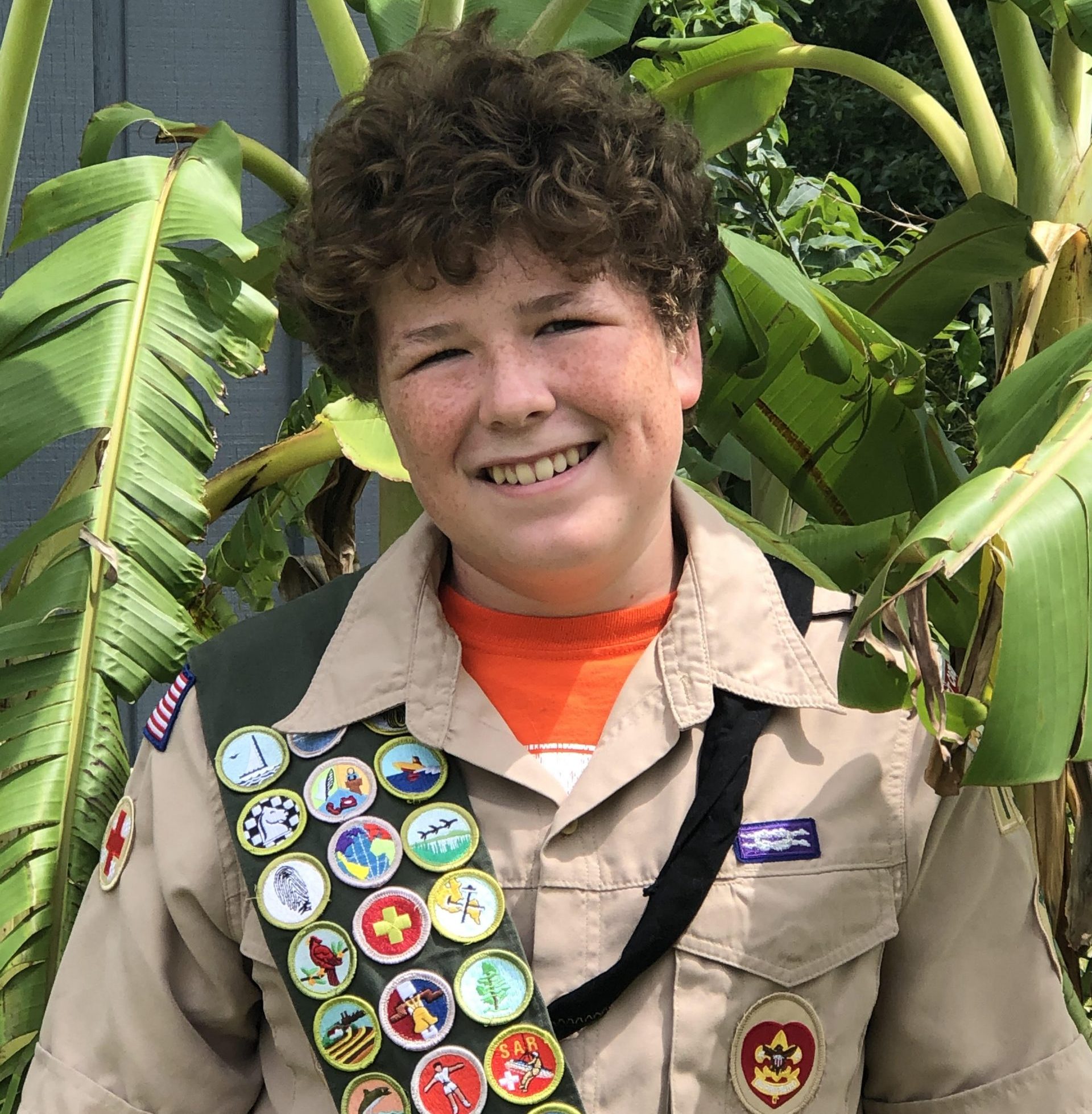
Originally, Ryan Mroch said he planned to build a worm farm at Bogue Sound Elementary School for his Eagle Scout service project. A few weeks later though, the schools were closed due to COVID-19.
Shortly after, he learned about the project to help the college with its shoreline project.
“I saw that it would be a big project and, more importantly, it was a project. I jumped at this one because I could continue with my project. Then I learned what all the project encompassed and became really excited,” he explained. “I realized that I could use this project for my Eagle project, but that if I added a research component that I could also use this as a Hornaday project too. This project will make a huge difference in our community for years to come and really make a difference.”
Steve Sparks, vice president of Operations and Facilities at Carteret Community College, explained in a recent news release from the college about the project, which is part of the permitting to repair the shoreline and build a living shoreline, the college must relocate the oysters currently in areas where they would be crushed to give them a chance at survival. “I thought this would be an excellent project for a Scout to use as an Eagle project. We are so excited to give Ryan this opportunity, and he’s done a great job so far.”
Mroch earned his Hornaday badge, his first of four projects, by working with a North Carolina State University researcher to help teach third grade students at Tiller School about vermicomposting, and building a vermicomposting station at the school. Vermicomposting is using various species of worms to help decomposition.
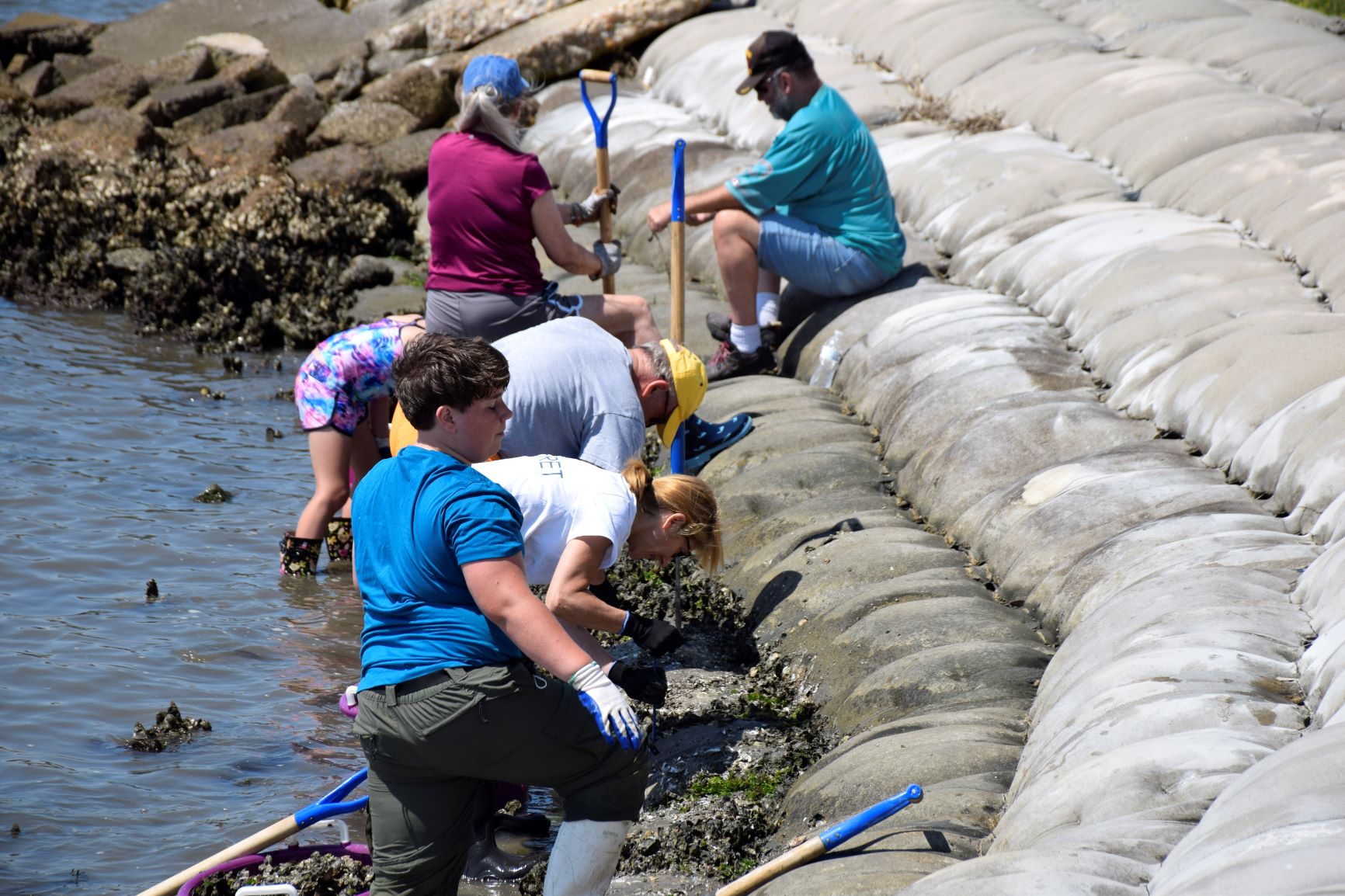
“The first of my Hornaday badges went well. It was significantly smaller than my oyster relocation one. I built a worm farm for Tiller School and taught the third grade students about the benefits of vermicomposting. The work only took one day, and it only required about 10 people,” he said.
For his third project, Mroch plans on hosting an event called the Carteret County Trash Trawl in October.
“The goal will be to collect as much trash as possible but stage the cleanup as a tournament based off of Big Rock,” he said, referring to the annual Big Rock Blue Marlin Tournament in Morehead City. “I have plans for it to be held around the Rachel Carson reserve with nonmotorized boats only.”
The fourth project is still evolving, Mroch continued.
“It was planned for me to have a seagrass planting project in spring 2021, once the living shoreline is complete. We were going to plant Spartina alterniflora over the new graded sand, but because there is underwater seagrass offshore, there will be significantly less seagrass that needs to be planted. I will also do research and try to fund raise for other plants that might benefit the area, too.”
Ray Mroch, Ryan’s father and Scout master, said that at the time Ryan read the article about the Hornaday Awards, Ryan had a year and a half until he was even eligible to join the Boy Scouts – at the time, he was a Cub Scout, which is for kindergarten through fifth grade — then another year or so before he could begin working toward the Hornaday. Boy Scouts is for ages 11-17.
Ray Mroch said he assumed Ryan would immediately forget about the awards, but “I was wrong.” Ryan was motivated to meet the requirements for the Hornaday Awards once he moved into Boy Scouts.
Two years after learning about the Hornaday Awards, Ray said Ryan started to look for projects, but couldn’t find anyone in his troop, district or the council that could help.
“Ryan enjoyed the Tiller School garden and after thinking about it, he realized that the school’s paper waste and food scraps would probably make excellent vermicast,” Ray Mroch explained.
The school was receptive and gave him permission to move forward.
“This was more than just building the worm farm, though. He researched the techniques, started surveys to see what kind of impact that this was going to have on the students, would any of them start vermicomposting at home? and was planning on sending the students home with their own worm farm starter kits,” Ray Mroch said. “This would recycle their food waste in a way that would help them reduce their reliance on landfills. Unfortunately, the schools sent everyone home early and plans to expand this to nearby schools — Bogue Sound Elementary heard and requested that Ryan do something similar on their campus — also stopped.”
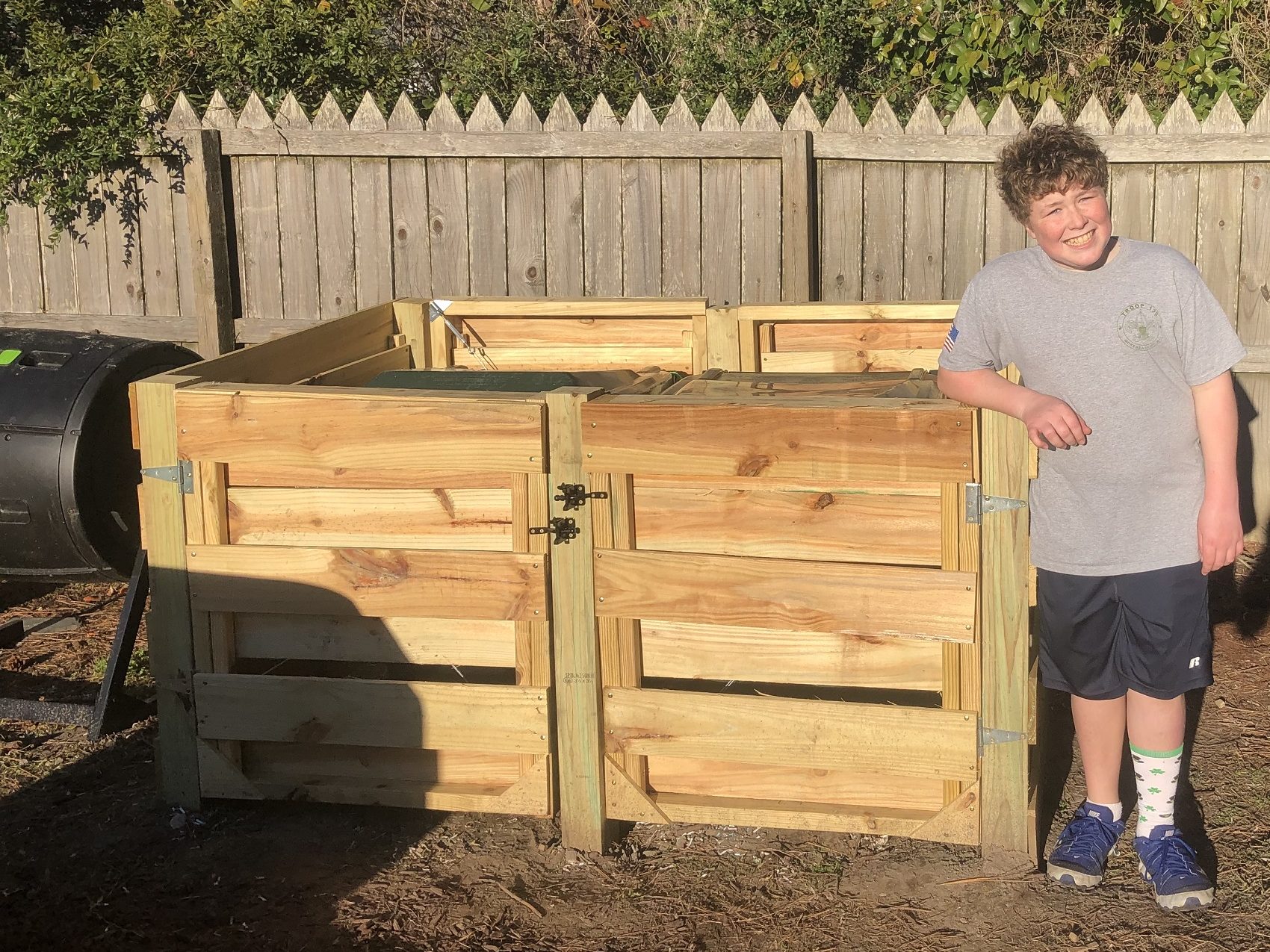
Ray Mroch added that because of the effort required to execute these projects, he’s not surprised more Scouts don’t go for the medals, “but the badges that are awarded could be a conservation-minded Eagle project upgraded with learning more about our environment, so I would like to see more of them being done.”
“These awards are rare. They’re also difficult, so I think those two features keep a lot of Scouts from working on them,” Ray Mroch said. “Once they find out about them, they’re usually discouraged by the challenges presented.”
Ryan said in an interview that conservation is important because it helps keep the world sustainable. Also, he likes the work.
“Yes, I find it enjoyable to work in the sciences and conservation and to use what I learned to help fix the world. Plus, I’m only halfway to the chance at earning a Hornaday silver medal. Why stop now?”



